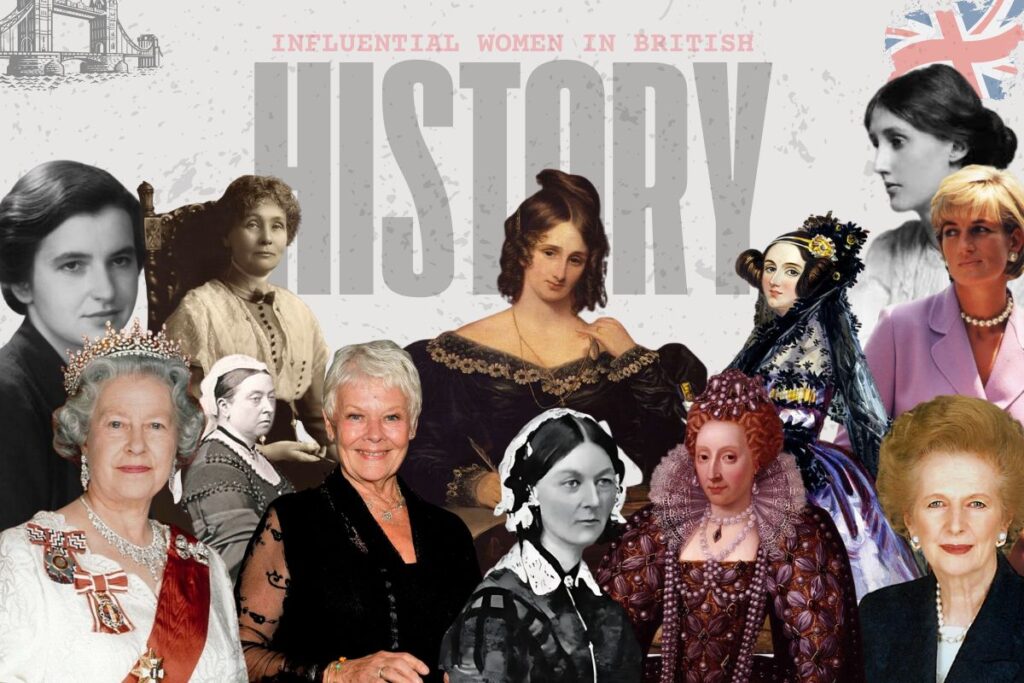British history has many great women. These women helped make big changes in politics, science, and art, and even as queens. Some were rich and powerful; others came from simple lives. But all of them made a big difference. Their names are still remembered today because they helped shape the country.
Queen Elizabeth I (1533–1603)
Queen Elizabeth is a well-known figure in British history. She ruled from 1558 until her demise in 1603, during the Elizabethan Era, which is known for the growth of English culture, plays and theatre, peace in the country, and power in other lands. Queen Elizabeth was the last ruler of the Tudor family. Her father was King Henry VIII, and her mother was Anne Boleyn.
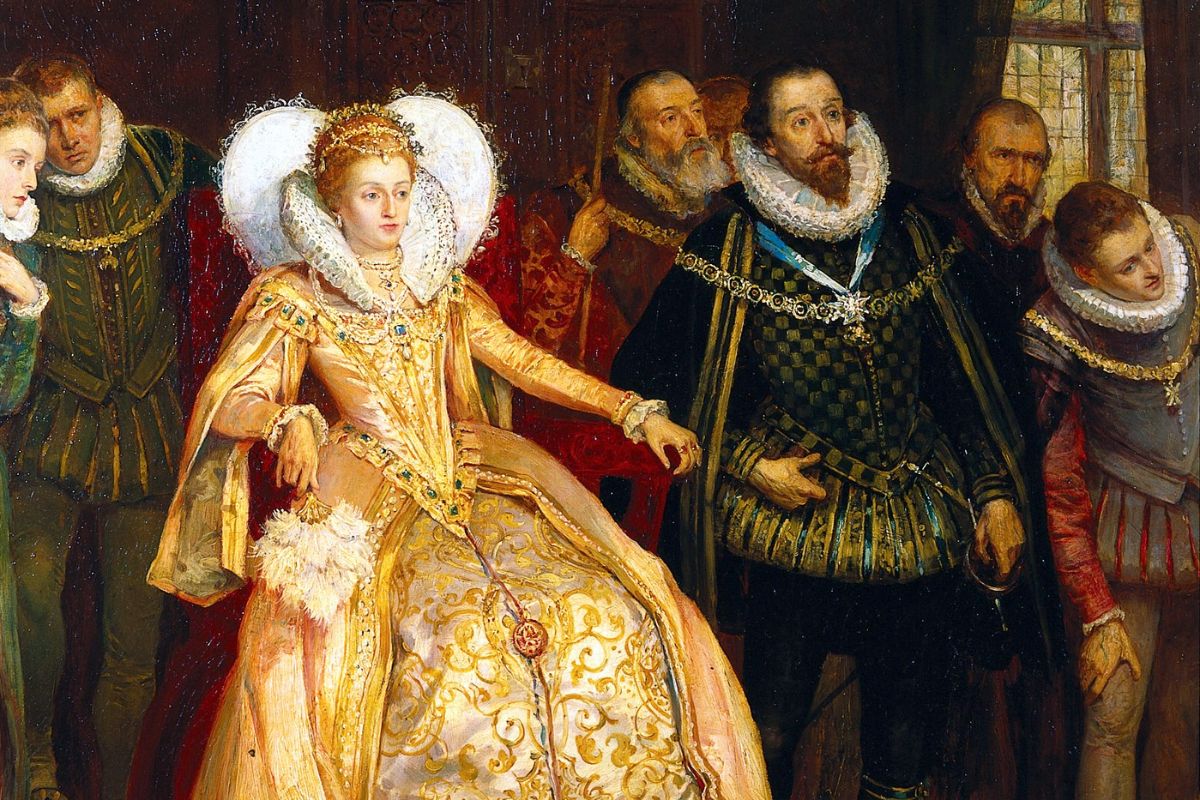
She is best known for leading England during a big sea battle in 1588, when England beat Spain’s navy. This helped England become very strong. Elizabeth never got married, so people called her the “Virgin Queen”.
Also read: Smiles, Sunshine, and Simple Joy – Happiest Cities for Living and Travel
Emmeline Pankhurst (1858–1928)
Emmeline Pankhurst took the reins in the campaign for women’s suffrage, and founded the Women’s Social and Political Union (WSPU) in 1903. Unlike its predecessors, the WSPU utilised militant forms of protest, including hunger strikes and other tactics regarded as political defiance.
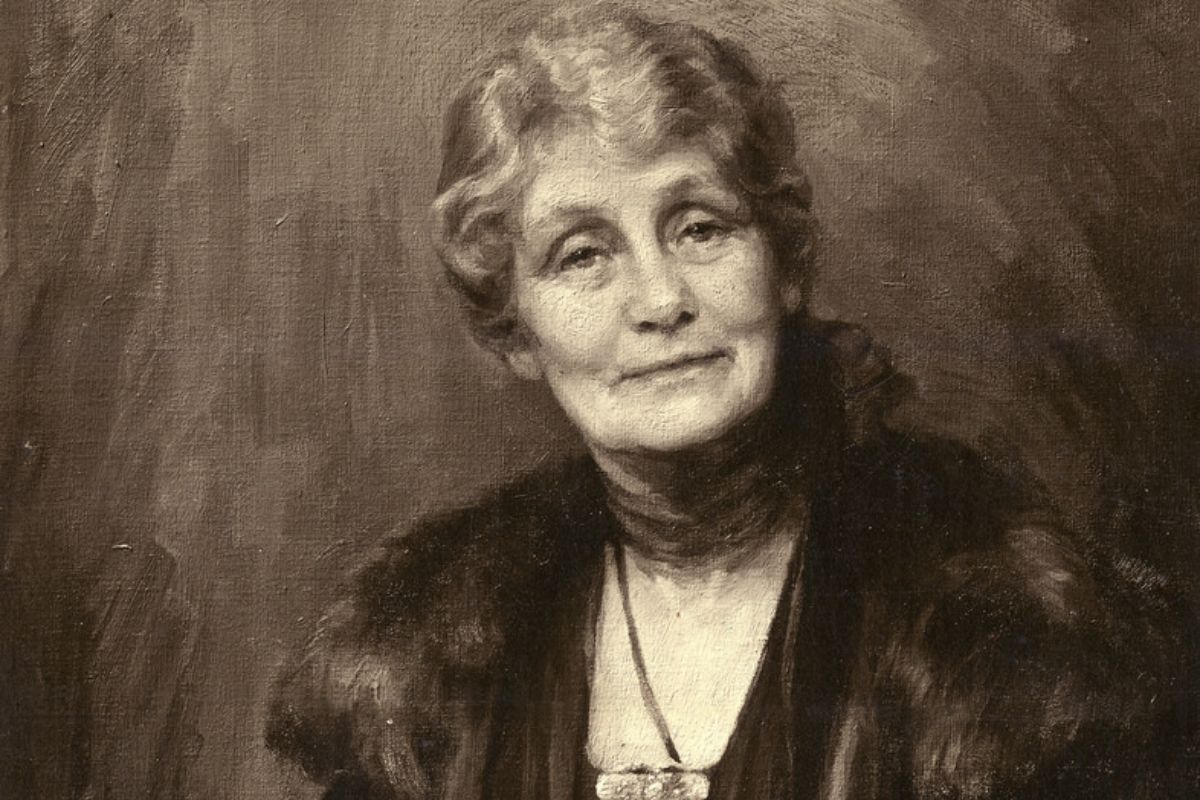
Emmeline’s efforts were important in having women’s suffrage recognised as a national concern. Her controversial methods led to women being allowed to vote in 1918, and later extended to all women in 1928.
Mary Wollstonecraft (1759–1797)
Wollstonecraft is remembered as one of the earliest feminists. She was a writer and a thinker. In 1792, she published A Vindication of the Rights of Woman. In it, she proposes that women are not less intelligent than men. Rather, the issue is that women do not have the same opportunity to be educated.
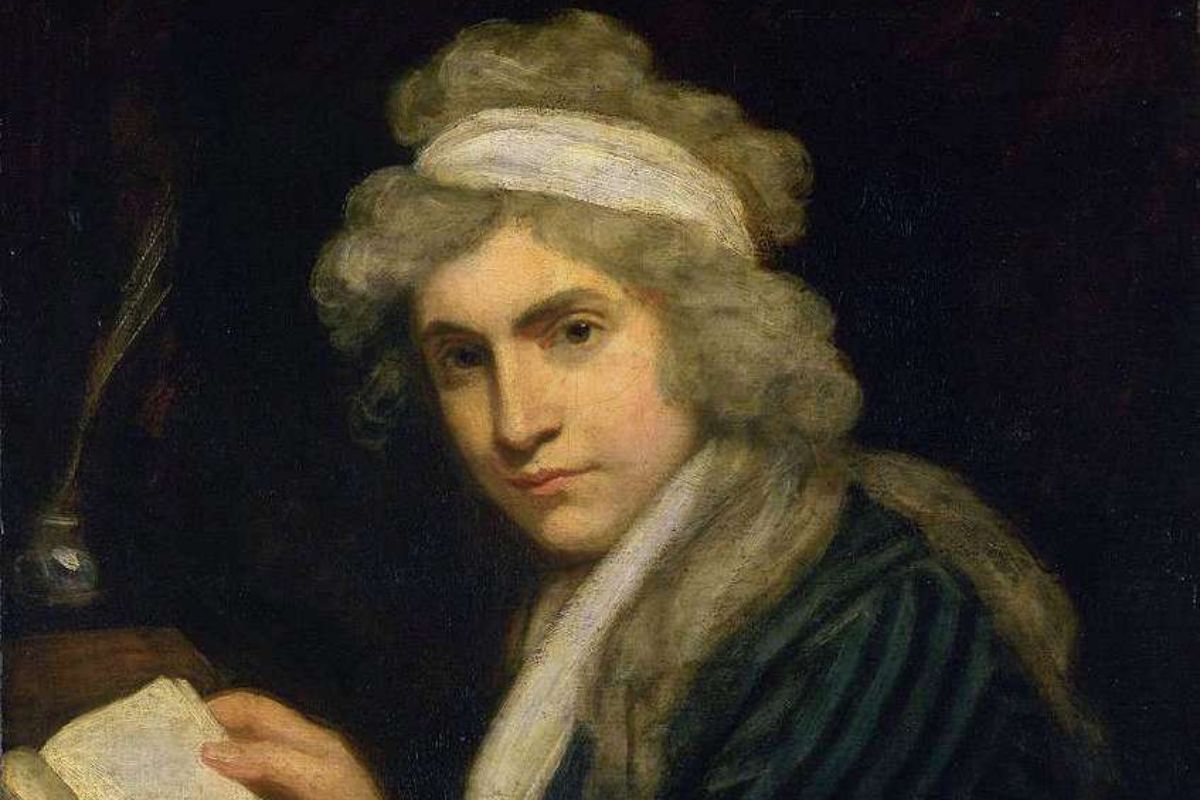
Although radical during her time, these ideas provided the groundwork for later feminist movements. Through her daughter Mary Shelley, who authored the famous novel Frankenstein, Wollstonecraft’s legacy lives on.
Florence Nightingale (1820–1910)
Revolutionary in the nursing sphere, she is widely known as the ‘Lady with the Lamp’. During the Crimean War, she improved the British base hospital’s horrid conditions, reducing the death rate from 42% to 2%.
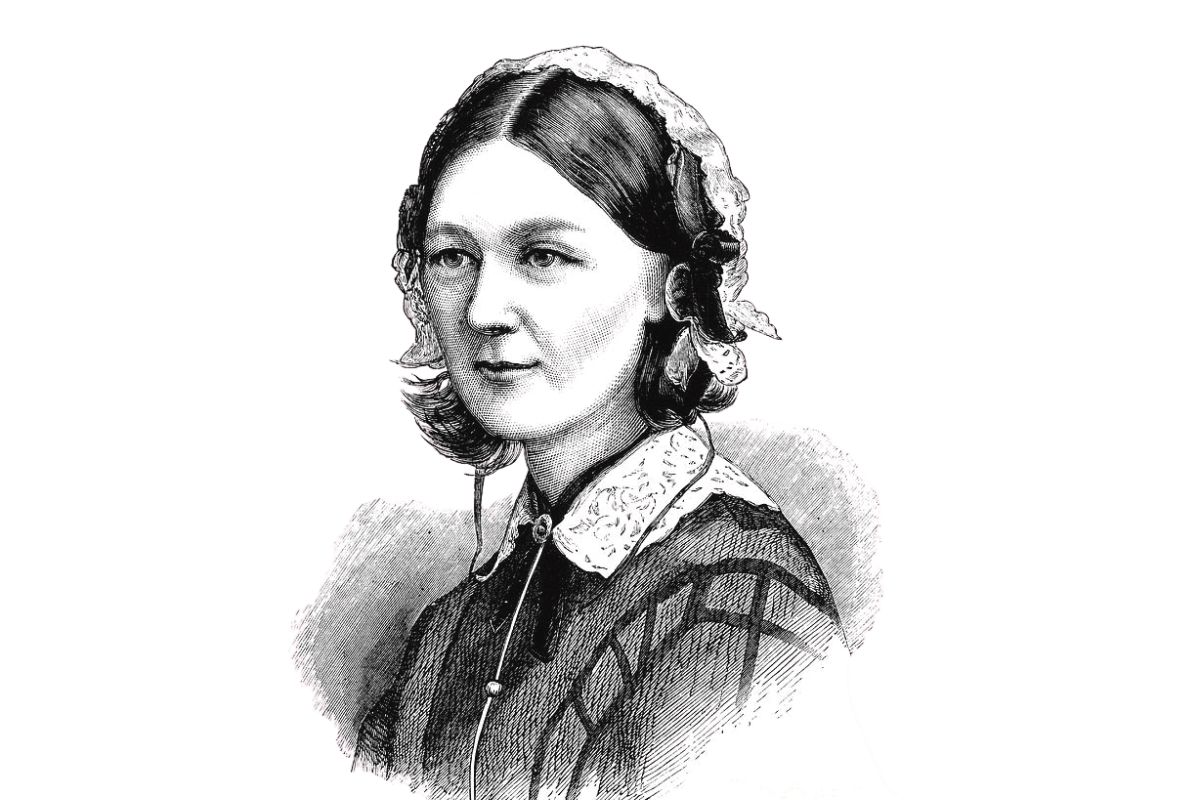
In 1860, she started the Nightingale Training School for Nurses at Thomas’ Hospital in London, setting the path for contemporary nursing practice. Her contributions to healthcare and statistics influenced policy and hospital system changes internationally.
Margaret Thatcher (1925–2013)
Margaret Thatcher served as the first female Prime Minister of the UK, effectively becoming the country’s “first woman” in government. She was the leader of the Conservative Party from 1975 to 1990 and was the Prime Minister from 1979 to 1990.
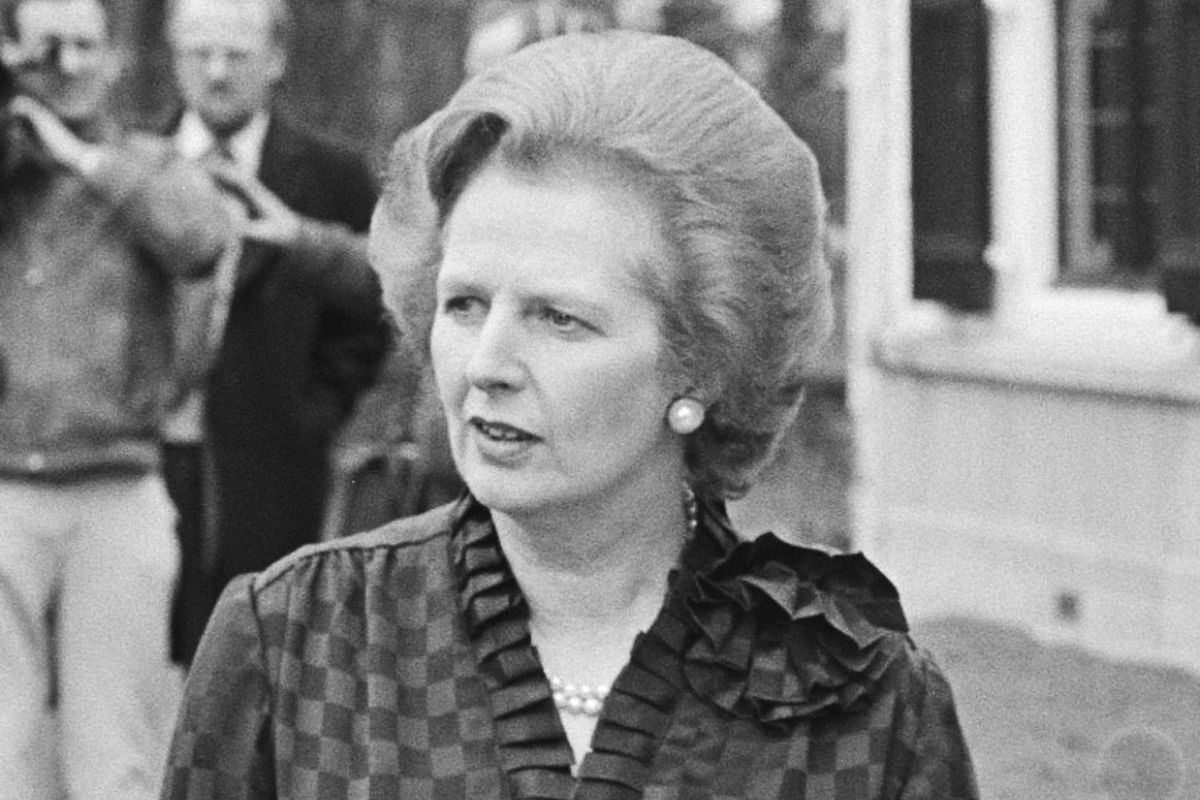
Thatcher introduced bold economic change, poured funds into the military, and severely limited the power of trade unions. As a controversial leader often dubbed the “Iron Lady”, she has had a significant impact on Britain’s politics and the global conservative movement.
Queen Elizabeth II (1926–2022)
Her coronation took place on the 6th of February 1952, which also marked the beginning of her reign as the longest-reigning British Monarch in history, until her demise on the 8th of September 2022. Queen Elizabeth II acted as a unifying presence for the people of England while simultaneously changing the perception of the British monarchy.
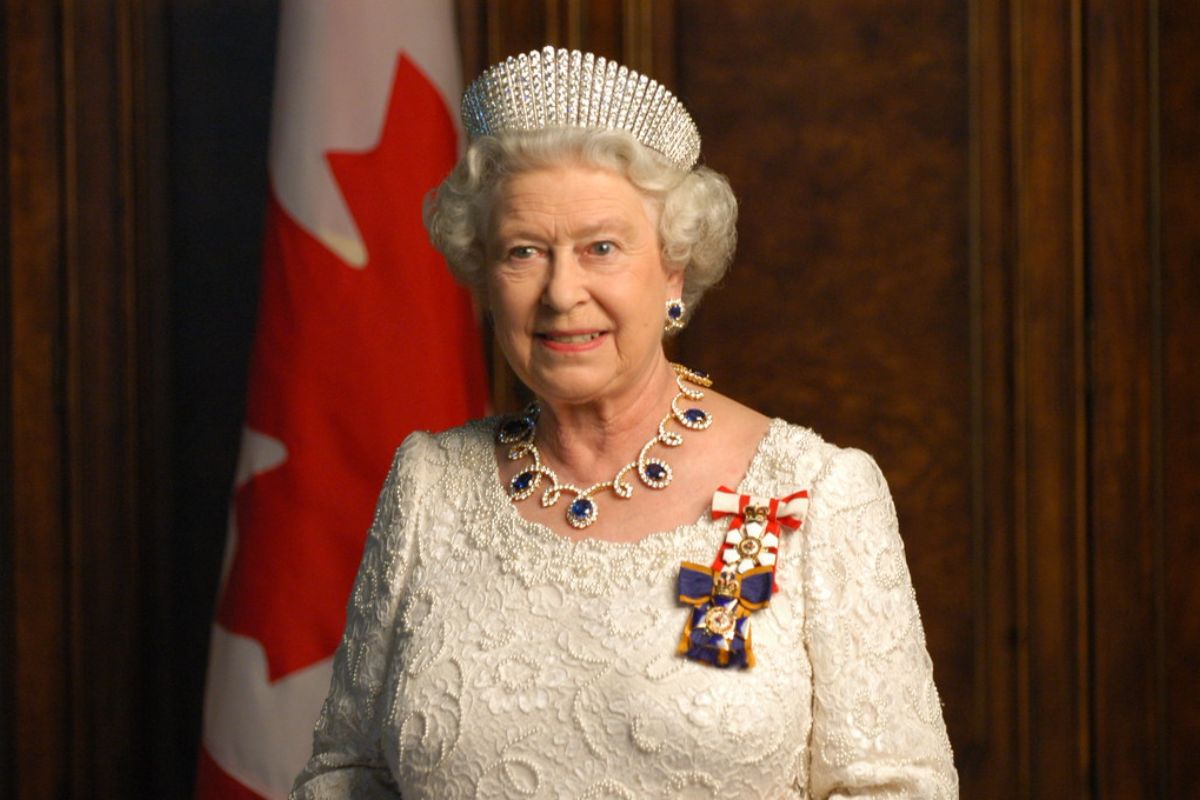
Throughout her rule, spanning over 70 years, she has seen and experienced remarkable political, social, and technological transformations, not only in the UK but in other member countries of the Commonwealth as well.
Ada Lovelace (1815–1852)
A visionary mathematician, Ada Lovelace is often credited as the world’s first computer programmer. She worked alongside Charles Babbage on his proposed mechanical general-purpose computer, the Analytical Engine.
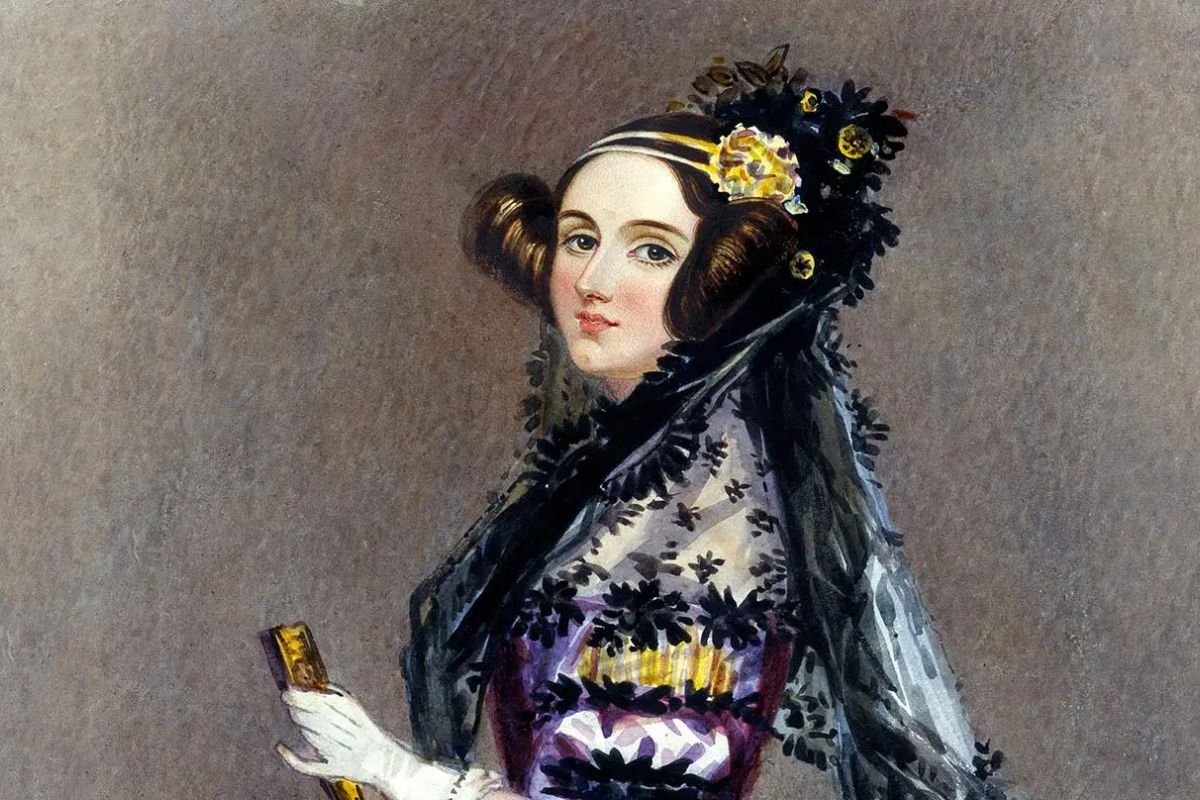
Lovelace wrote the first algorithm intended for implementation on a machine, envisioning that computers could do more than calculate numbers — they could manipulate symbols and even compose music. Her foresight placed her decades ahead of her time and earned her a permanent place in the history of computing.
Virginia Woolf (1882–1941)
Woolf was a novelist and essayist who played a key role in modernist literature, being one of the earliest members of the Bloomsbury Group. Her famous work, Mrs Dalloway, along with To the Lighthouse and Orlando, does well in explaining the multifaceted aspects of time, gender, and consciousness.
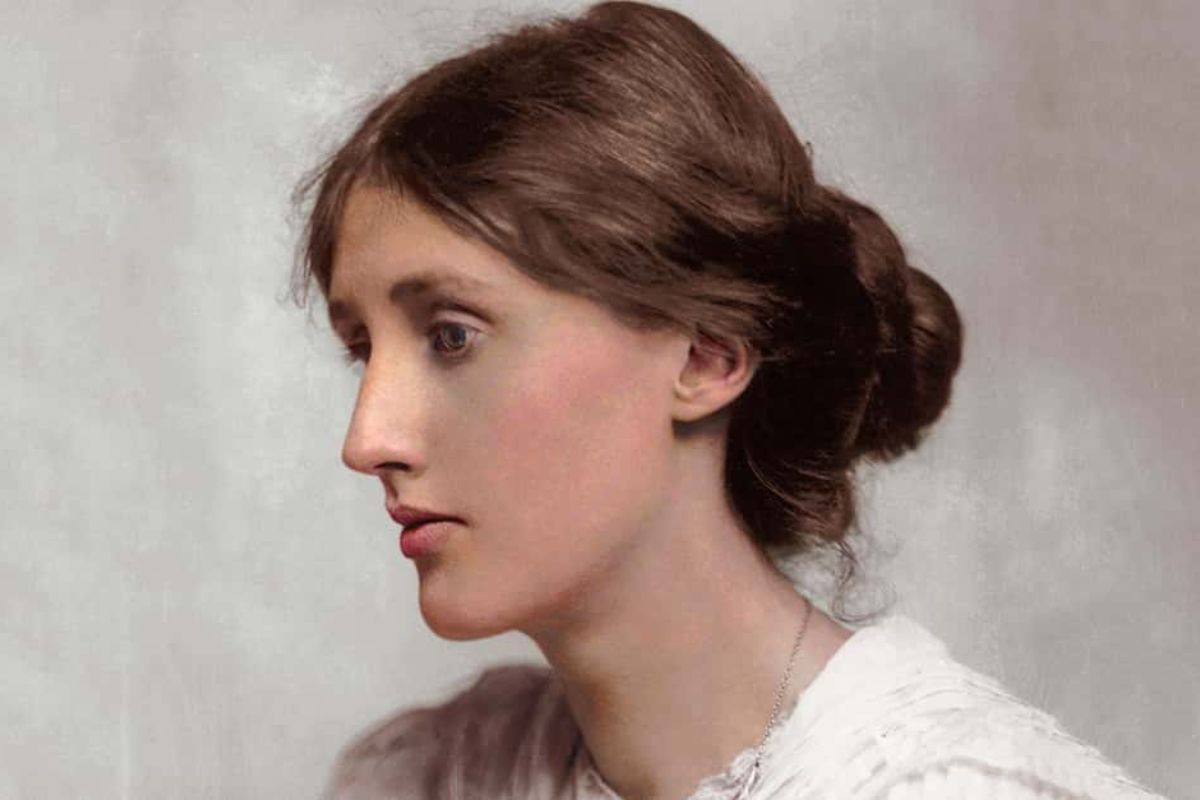
With her diverse set of achievements, Woolf managed to advocate for women and their artistic expression. A Room of One’s Own, her most famous essay, has become one of the quintessential pieces put forward that argue women need financial control and personal space to create art.
Queen Victoria (1819–1901)
Queen Victoria was the queen of the United Kingdom for over 63 years. This time is called the Victorian Era. It was a time when factories grew, new ideas spread, and the British Empire became very big.
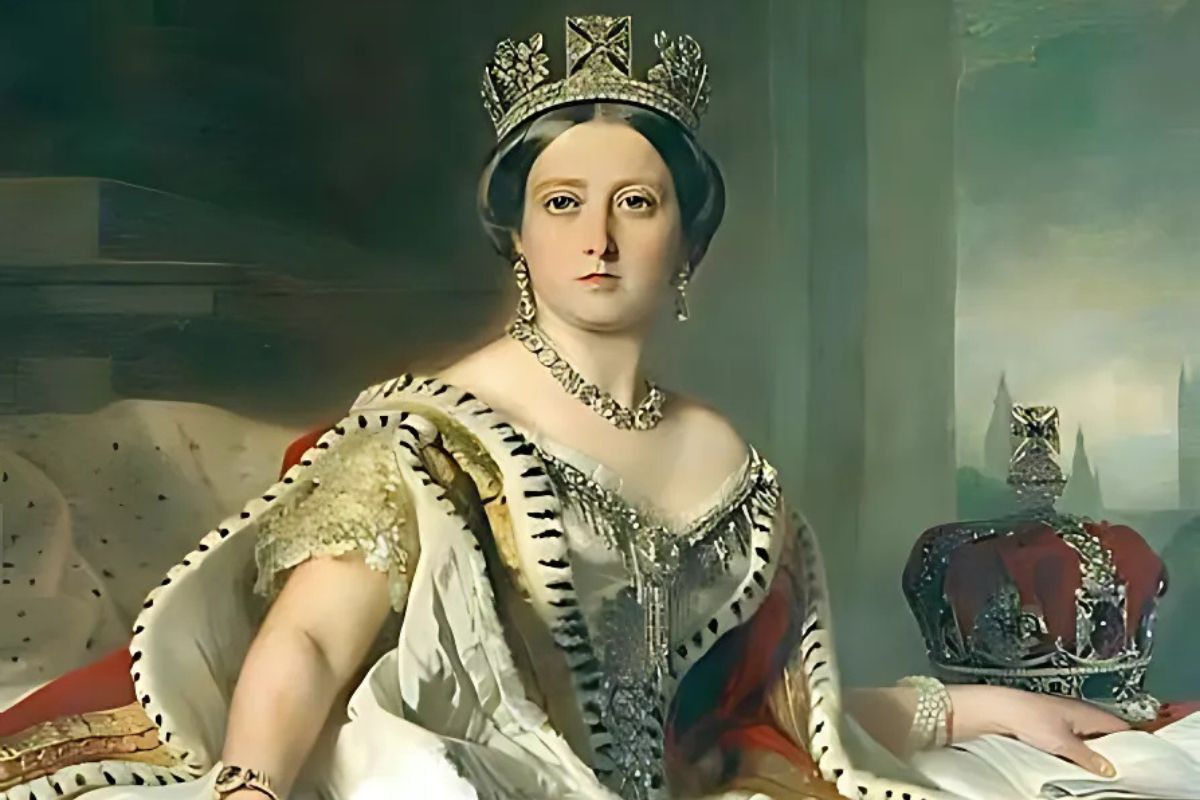
Queen Victoria did not make laws herself, but people looked up to her. She became a symbol of family life, being a good mother and loving her country.
Rosalind Franklin (1920–1958)
An accomplished chemist and X-ray crystallographer, Franklin was instrumental in revealing the double helix structure of DNA. The photograph she took, later termed Photo 51, was critical in Watson and Crick’s determination of the structure of DNA.
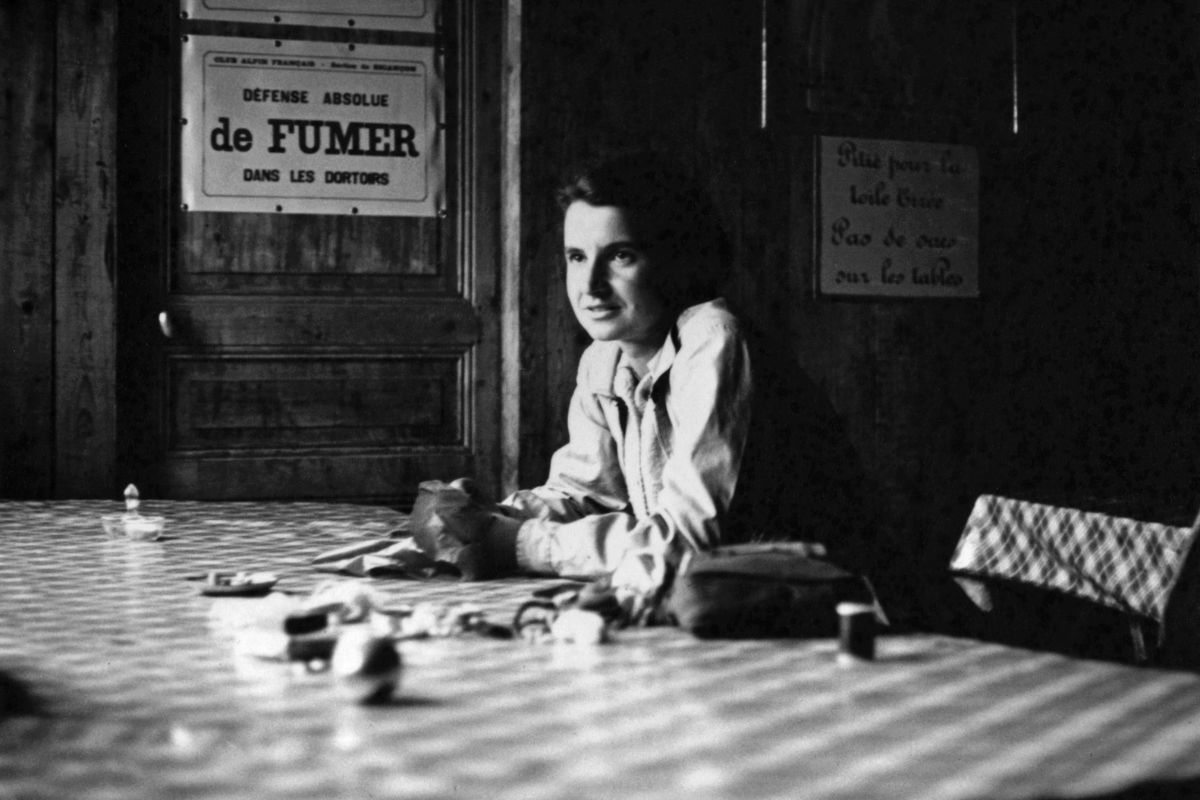
Franklin did groundbreaking research on viruses and graphite. Today, she is regarded as an important figure in molecular biology and serves as an example of the adversities women face in the scientific community, despite receiving little recognition for her work while alive.
Dame Judi Dench (1934–present)
Considered one of the greatest British actresses, Dame Judi Dench has contributed unimaginably to television, film, and theatre. Throughout her career spanning over 60+ years, she has received several notable awards, including an Academy Award, BAFTAs, and a few more.
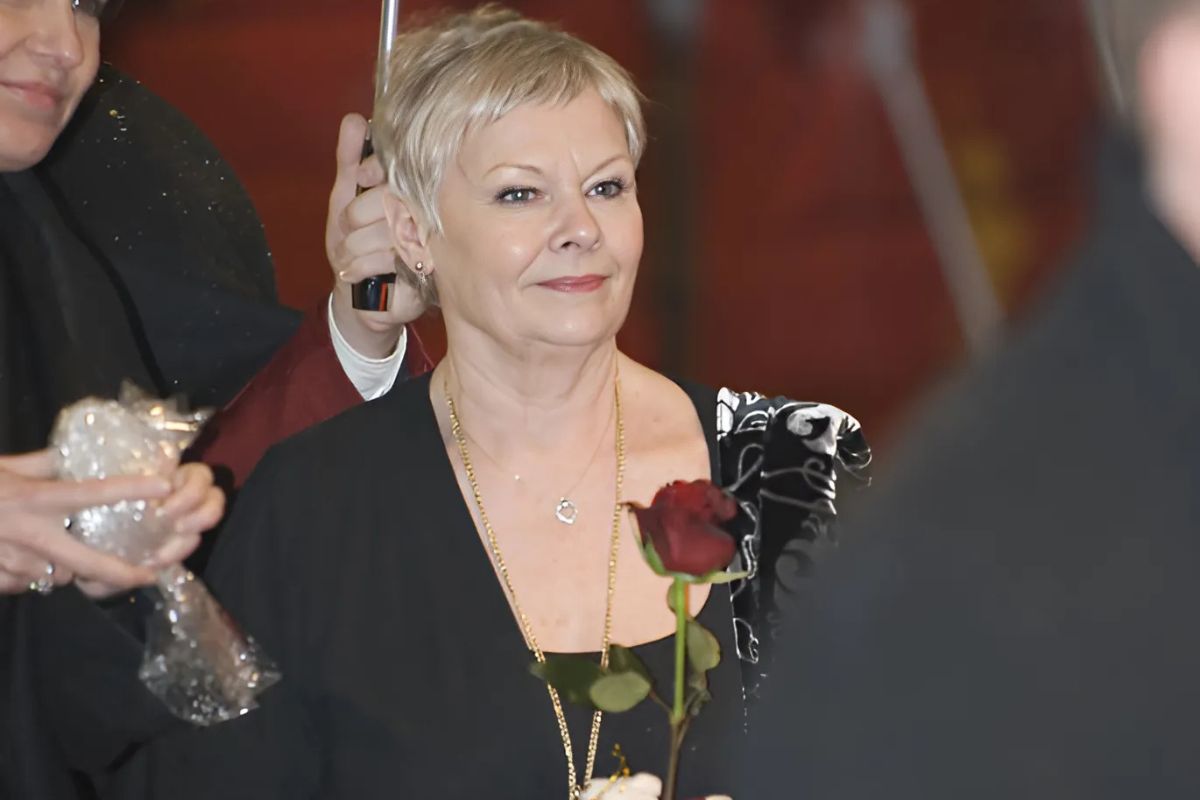
From inspiring performances as ‘M’ in the famed James Bond series and various Shakespeare plays, Dame Judy Dench has inspired many in numerous ways. Apart from acting, she has also been a prominent figure advocating for human rights and the protection of the artistic realm.
Diana, Princess of Wales (1961–1997)
Apart from being a British royal, Princess Diana was a humanitarian and a fashionista. She also campaigned on issues such as AIDS, leprosy, homelessness, and landmines.
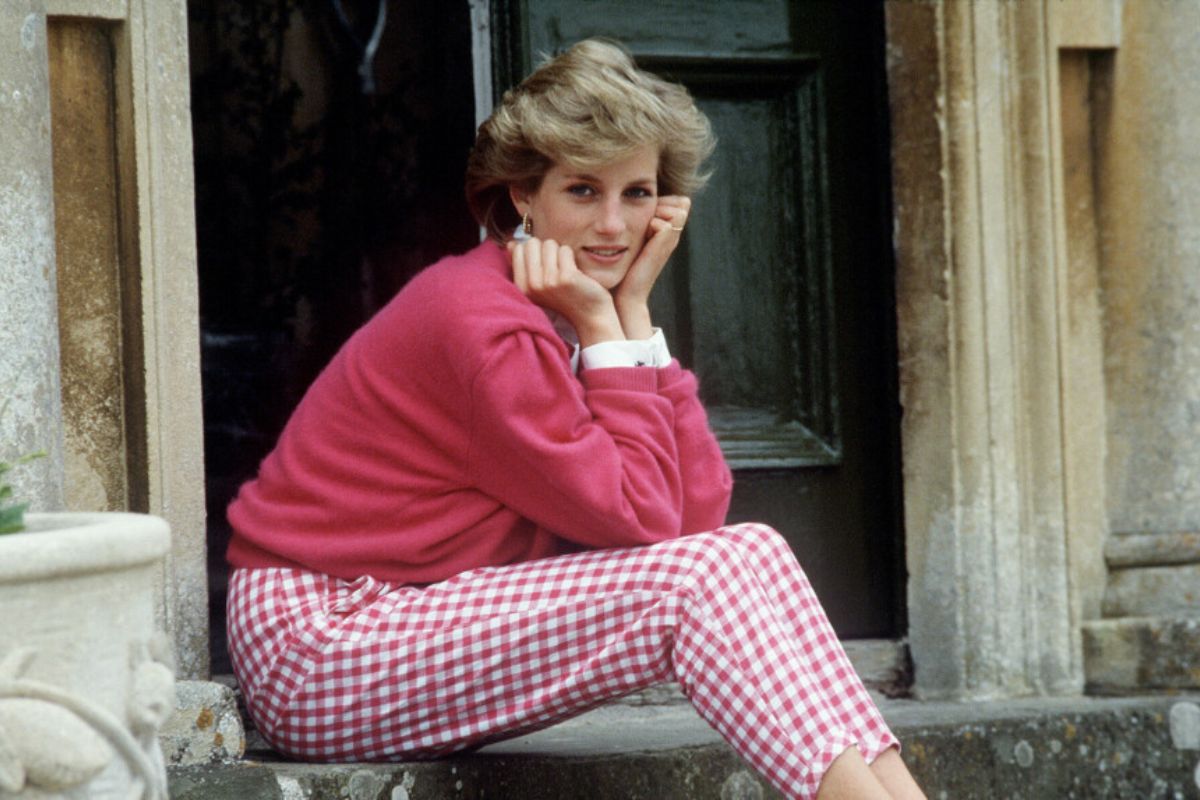
Public sentiment softened toward Diana because of her warmth, compassion, and openness. She became a global icon of empathy and modern royal identity after her death at the age of 36, which created immense global sorrow.
Conclusion
Britain has a long and important history. Many women from Britain have done amazing things and changed the world. Some were queens, some were inventors, and some were scientists. These women showed that when one woman succeeds, she can inspire many others. They proved that women can be strong and smart and make a big difference, even when life is hard.

